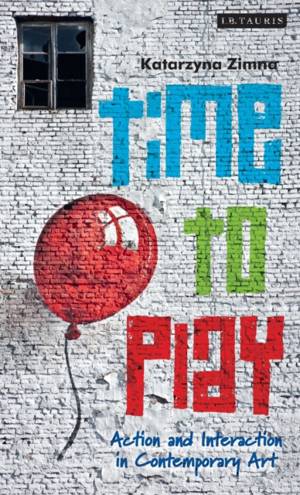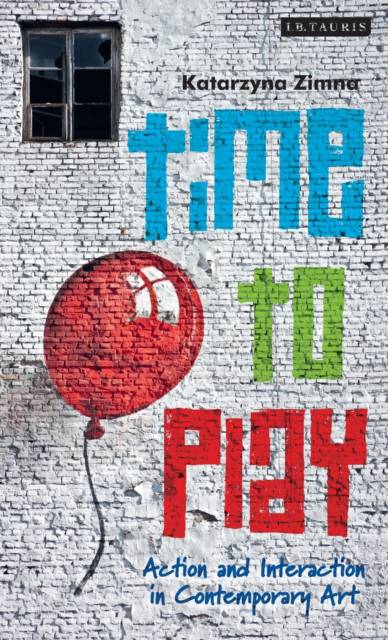
- Afhalen na 1 uur in een winkel met voorraad
- Gratis thuislevering in België vanaf € 30
- Ruim aanbod met 7 miljoen producten
- Afhalen na 1 uur in een winkel met voorraad
- Gratis thuislevering in België vanaf € 30
- Ruim aanbod met 7 miljoen producten
Omschrijving
Play art' or interactive art is becoming a central concept in the contemporary art world, disrupting the traditional role of passive observance usually assumed by audiences, allowing them active participation. The work of 'play' artists - from Carsten Holler's 'Test Site' at the Tate Modern to Gabriel Orozco's 'Ping Pond Table' - must be touched, influenced and experienced; the gallery-goer is no longer a spectator but a co-creator. Time to Play explores the role of play as a central but neglected concept in aesthetics and a model for ground-breaking modern and postmodern experiments that have intended to blur the boundary between art and life. Moving freely between disciplines, Katarzyna Zimna links the theory and history of 20th and 21st century art with ideas developed within play, game and leisure studies, and the philosophical theories of Kant, Gadamer and Derrida, to critically engage with current discussion on the role of the artist, viewers, curators and their spaces of encounter.
She combines a consideration of the philosophical implications of play with the examination of how it is actually used in modern and postmodern art - looking at Dada, Surrealism, Fluxus and Relational Aesthetics. Focusing mainly on process-based art, this bold book proposes a fresh approach - reaching beyond classical cultural theories of play.
Specificaties
Betrokkenen
- Auteur(s):
- Uitgeverij:
Inhoud
- Aantal bladzijden:
- 224
- Taal:
- Engels
- Reeks:
Eigenschappen
- Productcode (EAN):
- 9781780763033
- Verschijningsdatum:
- 9/02/2015
- Uitvoering:
- Hardcover
- Formaat:
- Genaaid
- Afmetingen:
- 142 mm x 216 mm
- Gewicht:
- 408 g

Alleen bij Standaard Boekhandel
Beoordelingen
We publiceren alleen reviews die voldoen aan de voorwaarden voor reviews. Bekijk onze voorwaarden voor reviews.











